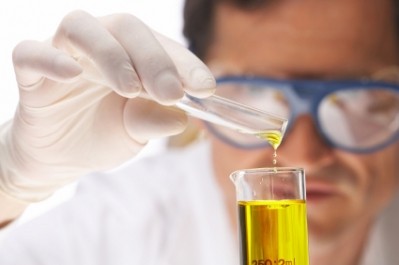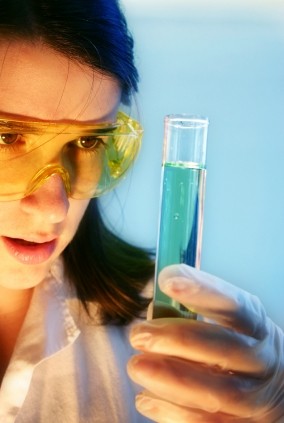Canadian lobby group calls for phthalate regulation
make labeling phthalates a requirement on personal care products in
response to a study linking baby care products to the chemical's
concentration in infant urine.
The British Columbia-based Labour Environmental Alliance Society (LEAS) states that phthalates should be included on the ingredients list of personal care products so that consumers can make an informed choice. The original study published this week in the US journal Pediatrics claimed there was a link between the use of baby care products and increased phthalate concentrations in infant urine, and has elicited responses from interest groups worldwide. Consumers should be able to choose Under current US and Canadian law manufacturers are not required to label the presence of phthalates in their products. Furthermore, certain compounds that have been banned from appearing in consumer products by the European Union are not prohibited in North America. The LEAS are calling for the labeling of the compounds to be mandatory and for Canada to follow Europe's lead in regulating the use of phthalates in consumer products. "At the very least, Canada should require that phthalates be identified when they are in a product, so that parents can make and informed choice in deciding whether or not to buy a product," said Sean Griffin of the LEAS, as quoted in The Canadian. Baby care products and phthalates The original study, led by Dr Sathyanarayana from the University of Washington, investigated the presence of 9 phthalate metabolites in the urine of 163 infants. Exposure to baby care products was estimated from parental reports of product use in the 24 hours prior to the urine sample. Sathyanarayana and the team found that the reported use of baby lotion, powder and shampoo was significantly associated with the concentrations of monoethyl phthalate (MEP), monomethyl phthalate (MMP) and monoisobutyl phthalate (MiBP) in the urine samples. "These findings suggest that dermal exposures may contribute significantly to phthalate body burden in this population," conclude the researchers. However the US trade association the Personal Care Products Council questioned the viability of the study, primarily because it says it is only the parent compound of metabolite MEP that is ever incorporated into baby care products. John Bailey of the PCPC referenced a 2006 study conducted by the FDA that found that with the exception of DEP, no other phthalates were present in the baby products tested. Furthermore, the Council referenced studies by a Cosmetic Ingredients Review Expert Panel and the Scientific Committee on Consumer Products, both of which determine DEP to be safe. "DEP has been extensively researched and is not linked to reproductive toxicity or endocrine disruption," said Bailey.







